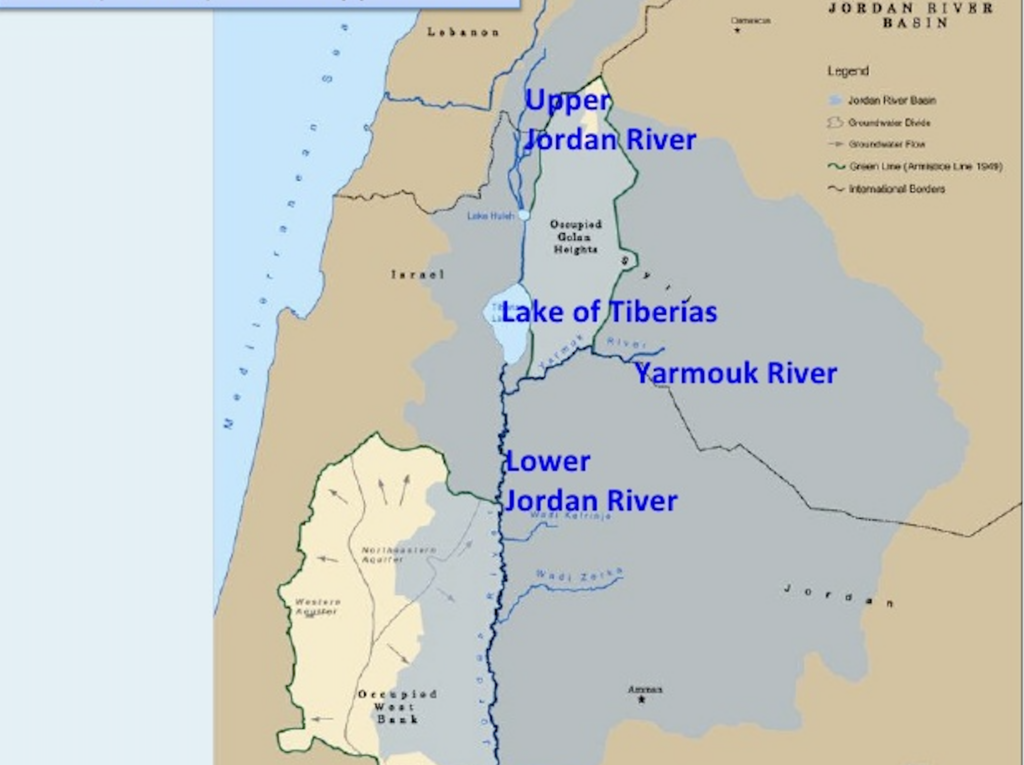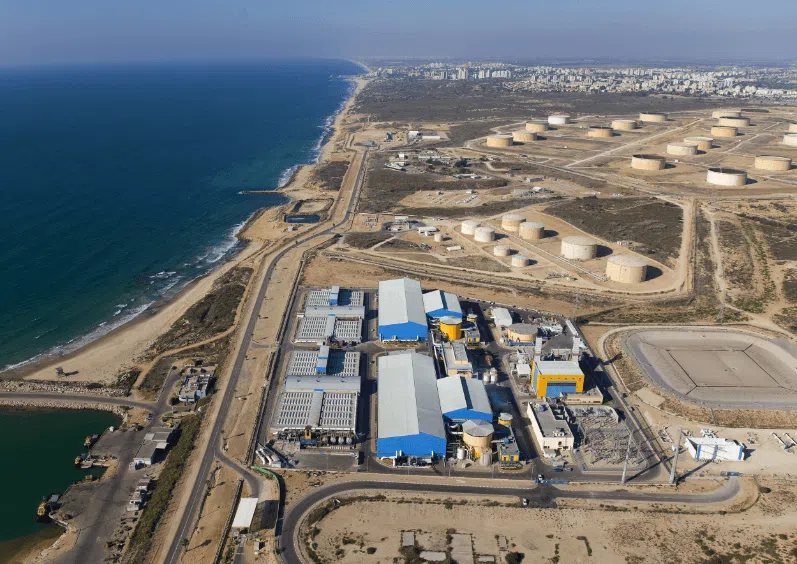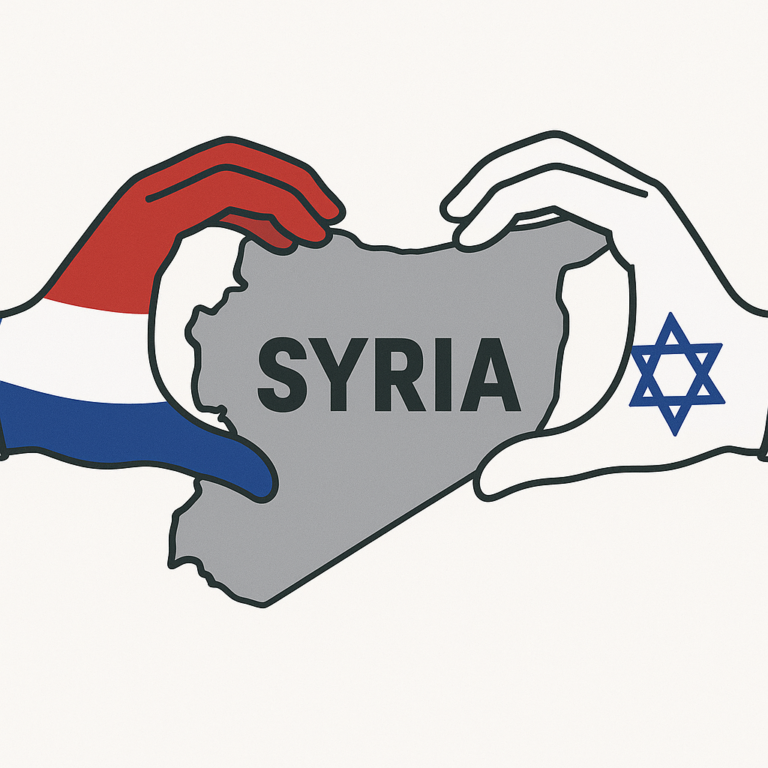by Andrea Tucci,
The control of water sources in the Middle East represents a central element in the geopolitical dynamics of the region. The Israeli offensive in southern Syria, culminating in the control of six major water sources in the area, including the Al-Mantara and Al-Wahda dams, highlights how this resource is a key objective for Israel not only from a security perspective but also for its economic and political survival.
For decades, Israel has pursued a water strategy that combines technological innovation, territorial control, and international negotiations. However, direct control over water resources beyond its borders marks a significant escalation. Currently, 30% of Syria’s water sources and 40% of Jordan’s are under Israeli control, a reality that reshapes the region’s balance of power. Just think that from November 1964 to May 1967 over control of water sources of the Jordan River there was “Battle over Water” between Israel and its Arab neighbors.
For Israel, these resources are not only vital for domestic consumption or agricultural irrigation but also hold strategic value in geopolitical negotiations. Controlling water means wielding a tool of leverage against countries like Jordan, with which Israel shares a peace treaty, and Syria, a longstanding adversary. In the context of growing water scarcity due to climate change and population growth, the ability to manage and distribute water becomes a source of power that transcends national borders.
The importance of these resources is particularly evident in occupied areas like the Golan Heights. Here, Israel not only controls part of the Yarmouk River’s water reserves but also uses these resources to reinforce its presence and legitimize the annexation of contested territories. Israeli agricultural communities in neighboring areas directly benefit from these sources, while Syrian and Palestinian populations face restricted or denied access, exacerbating their hardships.

Photo: map of the Jordan River and Yarmouk River
However, Israel’s water control extends beyond domestic security concerns. Through advanced technologies such as the Ashkelon desalination plant and widespread use of wastewater recycling, Israel has become a global leader in water management. This technical expertise is also used as a soft power tool, with Israel offering assistance and know-how to other countries, thereby strengthening its international position.

Photo: Ashkelon desalination plant, Israel
Nevertheless, this strategy is not without its controversies. For many observers, Israel’s control over Syria’s and Jordan’s water sources represents yet another form of territorial expansion disguised as necessity. The humanitarian implications are significant, as entire communities see their access to this vital resource diminished, fueling resentments that add to existing tensions stemming from territorial conflicts.
Thus, water is not merely a matter of survival but a central element in Israel’s security and power strategy. Controlling it ensures not only the future of the country but also determines the destinies of neighboring nations. In a Middle East marked by conflict and instability, control over water resources could become the decisive factor shaping the next chapter of regional history.
In other terms, the approach Israel is implementing falls within what international scholars call “hydrowarfare.”Hydrowarfare refers to the strategic use of water as a weapon or a lever of power in geopolitical, military, and economic conflicts.
Hydrowarfare manifests in various forms, including the control of strategic water sources such as rivers, lakes, dams, or aquifers, which allows states or groups to exert pressure on other nations or populations. This can occur through the disruption of water access, the diversion of natural watercourses, or the construction of infrastructure that alters the water balance. It can also take the form of the direct use of water as a weapon, through intentional flooding, the destruction of infrastructure, or even the deliberate poisoning or contamination of water supplies.
Additionally, water can be used as a tool of political and economic leverage, particularly in regions where river basins are shared by multiple states, such as the Jordan River, which flows through Lebanon, Syria,Palestine, Israel, and Jordan, or the Nile, shared by Ethiopia, Sudan, and Egypt.
Hydrowarfare represents a new frontier in global conflicts, where the control of water becomes as strategic as that of energy resources or territorial borders.



